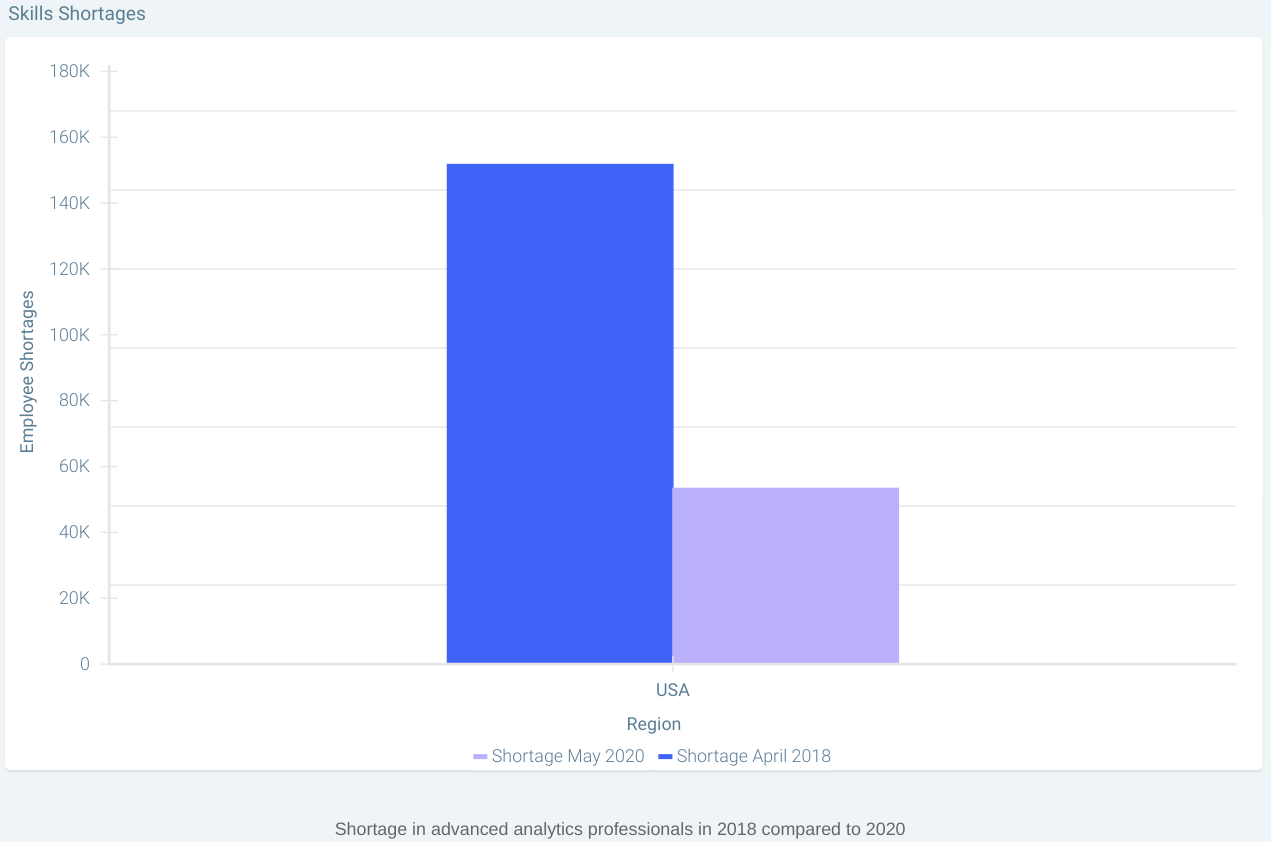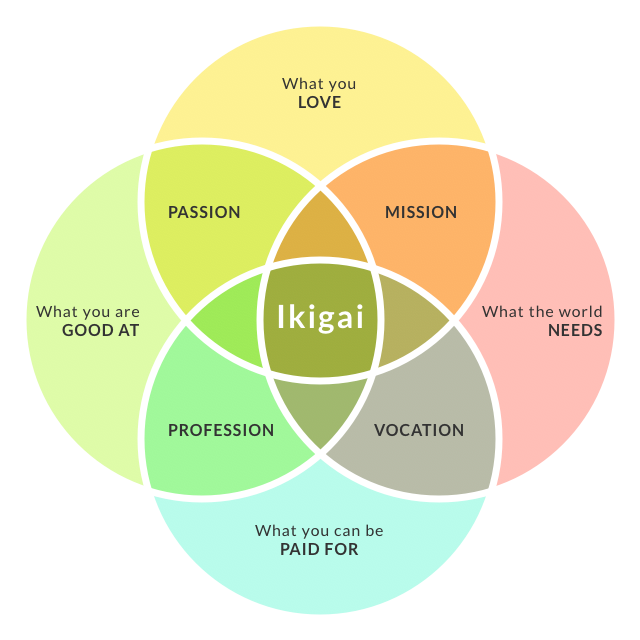As someone who studied data analytics in college, worked on several data science projects, and is currently working at a data analytics company, I often answer questions like “how do I become a data scientist?” or even “how much do data scientists earn?”
Since the phrase “data is the new oil” became viral, the field has seen an influx of aspiring data scientists seeking high salaries and rapid career growth.
The Risk of Burnout
However, data science is a fast-paced field with ever-increasing competition, which lends itself to stress, long hours, and eventually burnout.
While opportunities just two years ago abounded, the skills gap has narrowed significantly, putting more pressure on job seekers to improve their resumés and professionals to work even harder.
Preventing Burnout by Finding Your Passion
Fortunately, there are many ways to prevent burnout, from general actions like exercising, meditating, and getting plenty of sleep, to industry-specific tips.
Data scientists, in particular, can prevent burnout by working on projects that align more closely to their natural interests. The bottom line is, many data scientists are overworked, but there’s a huge difference between doing work you have to and doing work you want to.
You may have heard of the Japanese concept of Ikigai, which means “reason for being.” While this idea didn’t emerge just to help you find the right projects to work on, it can be a helpful tool to building a fulfilling career.
This is a useful concept for data scientists to keep in mind, because how tedious or exciting a project feels (and therefore your risk for burnout) largely depends on how interested you are in the data you’re working with.
For example, if you’re drawn towards football, you could analyze Tom Brady’s seasons, while if you’re interested in art, you could analyze the most expensive paintings ever sold.
Of course, there are many more “typical” data science opportunities as well, from analyzing financial data on Robinhood to the S&P500.
I mentioned that the competitiveness of data science can lend itself to burnout, but the broad and creative nature of data science can also lend itself to an exciting and fulfilling career.
“Data is the new oil” also means that there are opportunities for data scientists in virtually any industry, and there’s data on any topic imagineable for you to analyze.
This mindset shift can ultimately help you achieve great success (whatever that means to you) as a data scientist.




